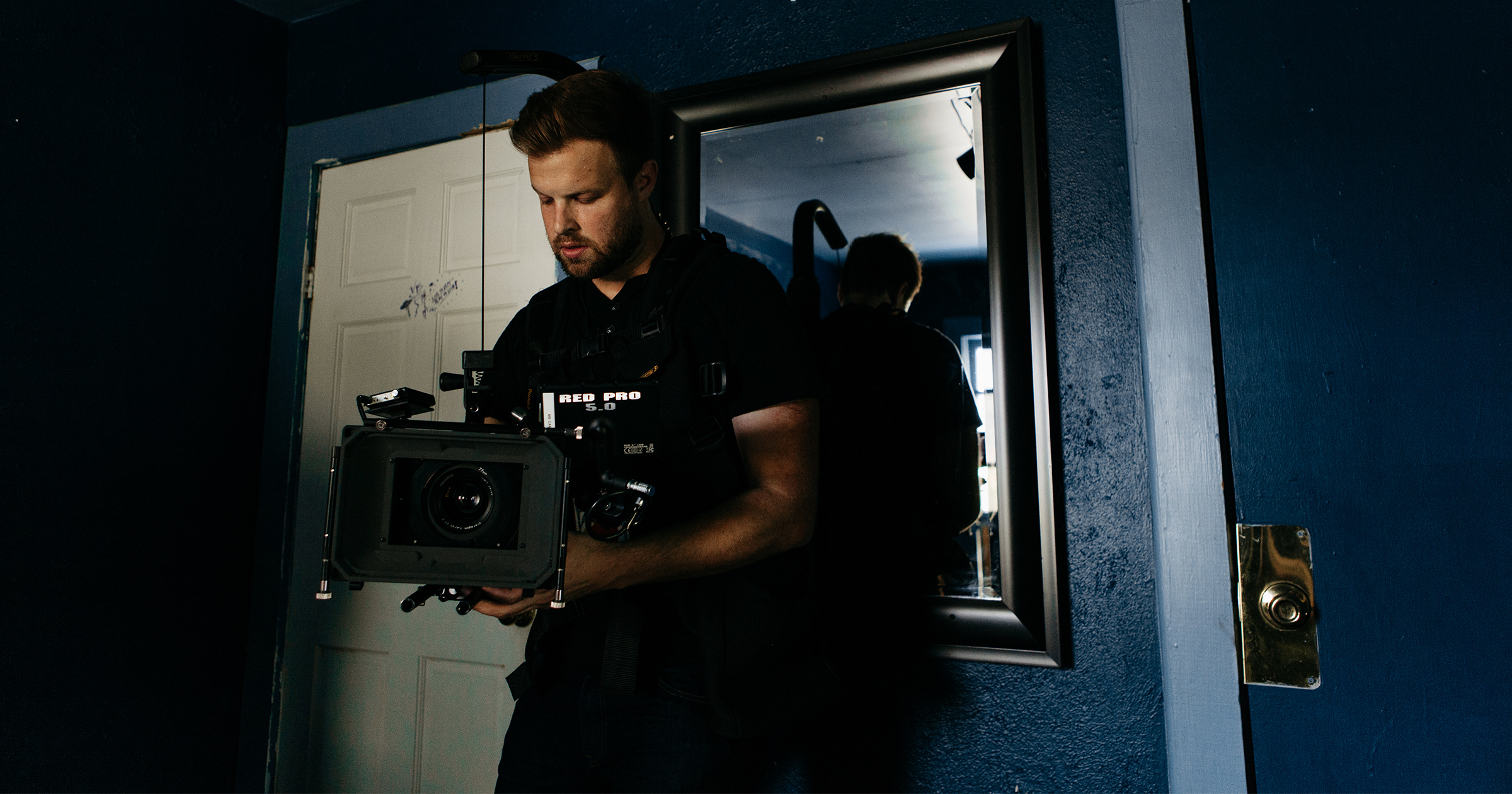In an era where storytelling knows no bounds and technology reshapes the cinematic landscape, the need to cultivate skilled filmmakers has never been more pressing. The world of film is a rich tapestry woven with creativity, technical prowess, and emotional depth, demanding a diverse set of skills from its creators.
Aspiring filmmakers must navigate a labyrinth of visual language, sound, editing, and production techniques, each thread essential to weaving compelling narratives. Whether its mastering the intricacies of camera angles or understanding the profound impact of sound design, the journey of training the next generation of filmmakers is both exhilarating and challenging.
As we delve into the essential skills and techniques that aspiring directors, writers, and cinematographers must embrace, we uncover not just a blueprint for success, but also an invitation to explore the boundless possibilities of cinematic expression.
Understanding the Filmmaking Process

Understanding the filmmaking process is akin to embarking on a grand expedition, where each step unfolds a tapestry of creativity and collaboration. At its core, filmmaking is more than just a sequence of shots; it’s a delicate interplay of storytelling, visual artistry, and technical prowess.
From the initial spark of an idea—often ignited during passionate discussions or quiet moments of reflection—to the meticulous layers of pre-production that involve casting, location scouting, and script refinement, every phase carries its weight. Once the cameras start rolling, the exhilaration of production intermingles with the challenges of unforeseen obstacles like weather delays or equipment malfunctions.
Post-production, where editing weaves together footage into a cohesive narrative, reveals yet another dimension of the craft, blending sound design and visual effects to enhance the emotional resonance of the story. Through this multifaceted journey, aspiring filmmakers must not only hone their technical skills but also cultivate resilience, adaptability, and a relentless passion for storytelling.
Storytelling Fundamentals

At the heart of captivating cinema lies the art of storytelling, a skill that transcends mere narration to breathe life into ideas and emotions. Effective storytelling intertwines character development, narrative structure, and thematic resonance, inviting viewers on an immersive journey through the filmmakers vision.
Beginners are often encouraged to explore various storytelling frameworks—like the classic three-act structure—while also challenging themselves to deconstruct and innovate within these traditional boundaries. What makes a story truly compelling? Is it the relatable protagonist, the unexpected twist, or perhaps the evocative settings that transport the audience from their seats? Each element must work harmoniously, like instruments in an orchestra, to create a symphony that lingers in memory.
As aspiring filmmakers embark on this creative endeavor, understanding and mastering these fundamentals will be vital in crafting unique narratives that resonate deeply and leave an indelible mark on the audience’s heart.
Screenwriting Essentials

Screenwriting Essentials are the bedrock upon which compelling stories are built. At the heart of a gripping screenplay lies an unforgettable premise, one that ignites curiosity and sets the tone.
Characters—flawed, relatable, and richly layered—draw audiences into their world, driving the narrative forward through conflict and transformation. Dialogue, crisp and impactful, not only reveals character but also propels the plot, weaving intricate subtext into conversations.
A well-structured story arc, from the tantalizing inciting incident to the cathartic resolution, is paramount, guiding viewers through emotional highs and lows. Additionally, understanding genre conventions allows aspiring screenwriters to both respect and subvert audience expectations.
By mastering these essentials, the next generation of filmmakers will not only tell stories but will also leave an indelible mark in the cinematic landscape.
Conclusion
In conclusion, equipping the next generation of filmmakers with the essential skills and techniques is crucial for nurturing creativity and innovation in the film industry. As aspiring storytellers learn the intricacies of cinematography, screenwriting, and editing, they become better prepared to tackle the challenges of modern filmmaking.
Institutions like the Movie and Film Academy play a vital role in this process, providing comprehensive training and invaluable resources that empower young creatives to explore their unique voices and visions. By prioritizing hands-on experience, collaboration, and mentorship, we can ensure that the future of filmmaking remains vibrant and full of diverse narratives that resonate with audiences around the world.

